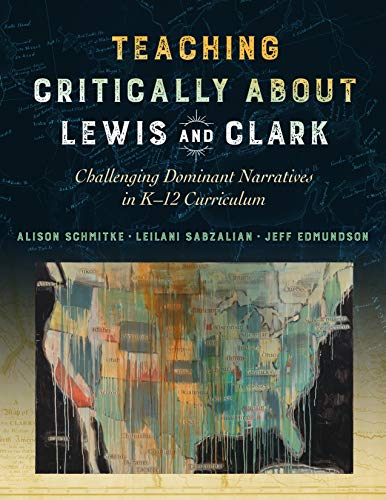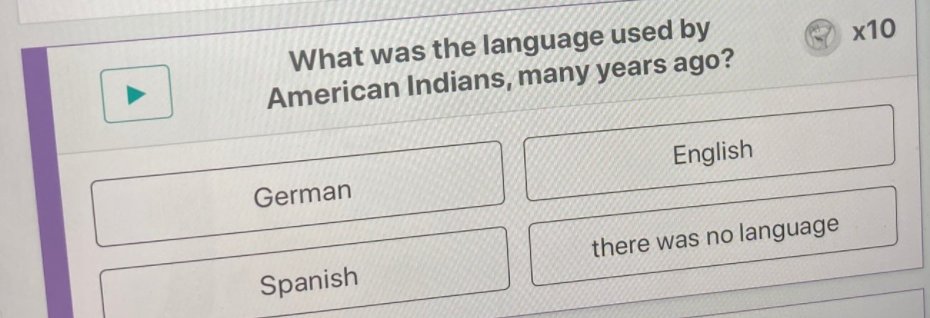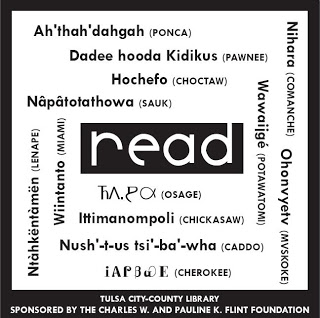1) As you plan for Indigenous Peoples' Day, get a copy of An Indigenous Peoples' History of the United States, for Young People. @BeaconPressBks published it; @JeanMendoza2016 and I did the young adult adaptation of it from @rdunbaro's original text. 

2) Dr. Natalie Martinez did several outstanding lesson plans for the book, including one that ties into chapter 10 (Indigenous Action, Indigenous Rights). As the screen cap shows, "History of Indigenous Peoples' Day" beacon.org/assets/clientp… is written specifically for teachers! 



3) Though Dunbar-Ortiz's original text and our adaptation have the word "history" in the title, both include information about Native peoples of the present day.
I did a thread yesterday about prepping for Indigenous Peoples' Day (Oct 12):
I did a thread yesterday about prepping for Indigenous Peoples' Day (Oct 12):
https://twitter.com/debreese/status/1310212702535651329
4) But it is also important that you bring Native people, stories, books into your classroom and library and home (if you're homeschooling) year-round! Native people are Native every day. Don't limit our existence to a day, or a month.
5) A lot (most, maybe) of what you know (or think you know) is shaped by not-Native people who wrote or made films about Native people. There's a lot to unlearn.
With so much taking place online, you have many options.
With so much taking place online, you have many options.
6) You can, for example, learn from Joy Harjo and Luci Tapahonso by watching this video about the launch of Harjo's Norton Anthology. Poems in "When the Light of the World Was Subdued, Our Songs Came Through" can be used in high school classes. facebook.com/watch/live/?v=… 

7) A Native scholar that I've learned a lot from is Dr. Elizabeth Cook-Lynn. She's Dakota. @The_Red_Nation is currently doing a podcast series organized with the hashtag, #NativeReads. Episode 8 is a video podcast. I'm going to watch it today.
8) There are professional associations with resources you can use (and join), like the American Indian Library Association. ailanet.org
9) And, Association for the Study of American Indian Literatures. It publishes a journal. Some of the issues are online: sites.uwm.edu/asail/sail-pub…
10) And please subscribe to American Indians in Children's Literature! @JeanMendoza2016 and I do analyses of children's books with Native content. A lot of the things from major publishers are unacceptable. We tell you why! Here's a recent post: …ansinchildrensliterature.blogspot.com/2020/09/not-re…
11) Oh! Just saw that the ebook edition of Cynthia Leitich Smith's young adult book, HEARTS UNBROKEN, is available for 99 cents! Get it! 
https://twitter.com/CynLeitichSmith/status/1310622181374808065It was the American Indian Library Association's youth lit award!

12) I started a new thread, today:
https://twitter.com/debreese/status/1310881664726446086
• • •
Missing some Tweet in this thread? You can try to
force a refresh










